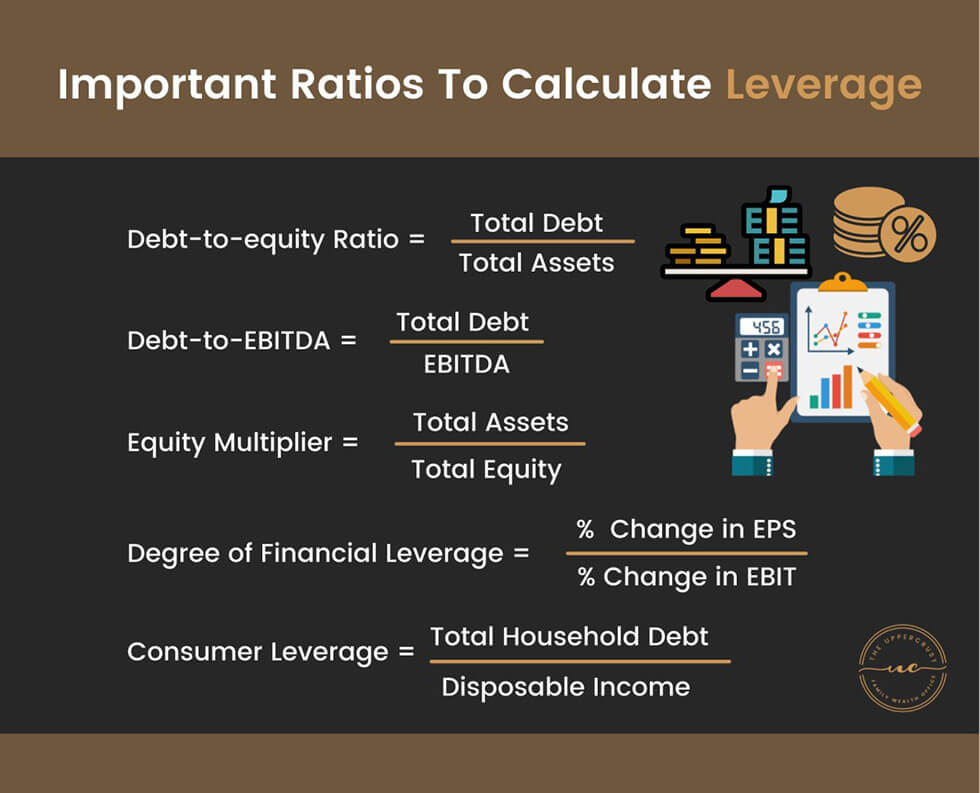Embracing the Double-Edged Sword of Vacation Home Investments

Investing in a vacation home can be a tempting opportunity for those looking to diversify their portfolio or create a passive income stream. But, before diving head-first into this investment journey, it’s vital to weigh both the benefits and drawbacks. Is having a vacation home a lucrative investment strategy, or is it more of a money-draining indulgence?
Pros of Investing in a Vacation Home
-
Potential Rental Income: Vacation homes can generate a decent rental income, especially during peak travel seasons. By renting out your property on vacation rental platforms like Airbnb, VRBO, or HomeAway, you can expect to rake in some attractive passive income.
-
Tax Benefits: In many countries, the costs of maintaining and operating a vacation home are tax-deductible. This includes mortgage interest, property taxes, and even some operating expenses. However, these benefits might vary depending on the tax laws in your country.
-
Equity and Appreciation: Over time, your vacation home can appreciate in value, generating significant equity. You can tap into this wealth through refinancing or even selling the property when the market conditions are favorable.
-
Personal Use and Enjoyment: Having a vacation home allows you to enjoy luxurious getaways without breaking the bank on hotels or other accommodations. Plus, you can create cherished memories with your loved ones in your very own property.
Cons of Investing in a Vacation Home
-
Maintenance and Management: Vacation homes require a lot of care, and managing them from afar can be frustrating and costly. With ongoing expenses, such as property management fees, insurance premiums, and repair bills, your profit margins may get squeezed.
-
Illiquidity: Compared to stocks, bonds, or mutual funds, vacation homes are relatively illiquid investments. You can’t sell a fraction of your property if you suddenly need some cash. In order to free up liquidity, you may need to sell the entire property.
-
Depreciation and Amortization: Investment properties can depreciate significantly over time, meaning they can lose their original value and charm. Amortization, spread over several years, may reduce the value of certain assets, like appliances or furniture.
-
Local Market Fluctuations: Local property markets can fluctuate significantly, often driven by unpredictable economic factors, changes in regulations, or emerging trends. These fluctuations can directly impact the rental demand, income generation, and resale value of your vacation home.





